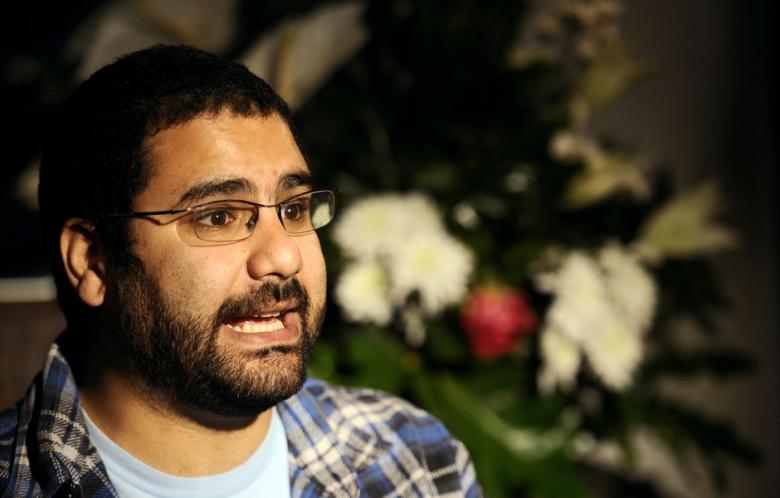PRINCETON: In an ideal world, the amount of money we spend on medical research to prevent or cure a disease would be proportional to its seriousness and the number of people who suffer from it. In the real world, 90 percent of the money spent on medical research is focused on conditions that are responsible for just 10 percent of the deaths and disability caused by diseases globally.
In other words, the diseases that cause nine-tenths of what the World Health Organization refers to as “the global burden of disease are getting only one-tenth of the world’s medical research effort. As a result, millions of people die every year from diseases for which no new drugs are in the pipeline, while drug companies pour billions into developing cures for erectile dysfunction and baldness.
But blaming drug companies is too easy a response. They cannot justify developing new drugs unless they can expect to recoup their costs through sales. If they target diseases that affect affluent people, or people living in countries with national health insurance, they will be able to patent any new drugs they discover. For the 20 years that the patent lasts, they will have a monopoly on the drug’s sale and be able to command a high price.
If drug companies target diseases that affect only people who are unable to pay high prices for drugs, they cannot expect to cover their research costs, let alone make a profit. No matter how much their directors may want to focus on the diseases that kill the most people, the current system of financial incentives means that if they did so, their shareholders would remove them, or their companies would soon be out of business. That would help no one. The problem is with the system, not with the individuals who make their choices within it.
At a meeting in Oslo in August, Incentives for Global Health, a nonprofit organization directed by Aidan Hollis, professor of economics at the University of Calgary, and Thomas Pogge, professor of philosophy and international affairs at Yale, launched a radical new proposal to change the incentives under which corporations are rewarded for developing new medicines. They suggest that governments contribute to a Health Impact Fund that would pay pharmaceutical companies in proportion to the extent to which their products reduce the global burden of disease.
The fund would not replace existing patent laws, but would offer an alternative to them. Pharmaceutical companies could continue to patent and sell their products as they do now. Alternatively, they could register a new drug with the Heath Impact Fund, which would set a low price based on the drug’s manufacturing cost.
Instead of profiting from sales at high prices, the corporation would become eligible for a share of all payments made by the fund over the next 10 years. The size of the share would be calculated by assessing the contribution the drug has made to reducing death and disability.
The beauty of the scheme is that it gives economic support to the idea that all human lives are of equal value. For products that drug companies register with the Health Impact Fund, corporations would get the same reward for saving the lives of Africans living in extreme poverty as they would get for saving the lives of wealthy citizens of affluent nations.
The most potentially lucrative targets would become the diseases that kill the most people, because that is where a breakthrough drug would have the biggest impact on global health. Moreover, companies would have an incentive to produce and distribute drugs at the lowest possible price, because only when the poor could use them would the drug save the greatest possible number of lives. A company might choose to allow cheap generic copies of its drug to be made in developing countries, because that would enable it to be used more widely, and to save more lives – for which the Health Impact Fund would reward the company that registered it.
Hollis and Pogge estimate that about $6 billion a year would be required to enable the Fund to provide a sufficient incentive for drug companies to register products that target the diseases of the poor. That figure would be reached if countries accounting for one-third of the global economy – say, most European nations, or the United States and one or two small affluent nations – contributed 0.03 percent of their gross national income, or three cents for every $100 they earn. That’s not a trivial sum, but it isn’t out of reach, especially considering that affluent nations would also benefit from cheaper drugs and from medical research that was focused on reducing disease rather than on maximizing profits.
Peter Singer,Professor of bioethics at Princeton University, is a member of a University of Melbourne research team examining ethical aspects of intellectual property rights in medicines. This article is published by Daily News Egypt in collaboration with Project Syndicate, (www.project-syndicate.org).

